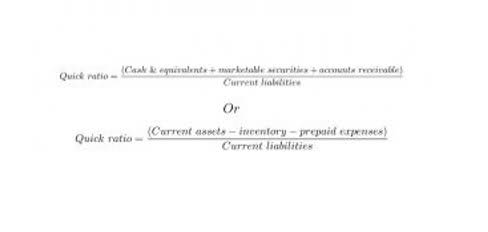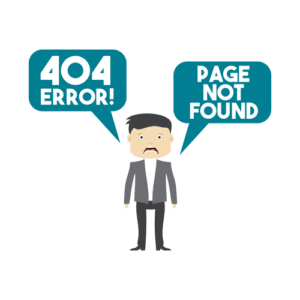
They can also usually take care of some of the tax preparation so that your accountant has less to do (which is a good thing, because bookkeepers are less expensive than a CPA). But they won’t be able to help you with tax planning or handling your tax return. Bookkeepers offer a literal look at where you stand financially at the moment. Accountants take that financial data and help you see the bigger picture and the path your business is on.

What Does a Bookkeeper Do? A Simple Explanation

In larger companies, their roles tend to be more specialized, focusing on areas like adjusting entries accounts payable or accounts receivable. In any business, big or small, someone has to keep track of every sale, purchase, and payment. Bookkeepers manage these tasks by organizing financial transactions and maintaining detailed records for future reference. This helps businesses stay compliant with regulations, monitor every dollar, and make informed financial decisions.
- Certifications aren’t necessary to become a bookkeeper but can signal to employers that you have the training and knowledge to meet industry standards.
- Bookkeeping responsibilities mandate strict adherence to detail to produce reliable and error-free records, laying the groundwork for accurate financial statements.
- Bookkeepers manage financial records, track transactions, prepare reports, and resolve discrepancies to support business operations.
- Bookkeeping professionals have their own expertise based on the types of businesses and industries they serve.
- A bookkeeper can help ensure your business finances are organized and lets you focus on running and growing your small business.
Assisting with Budgets and Forecasts
- Bookkeeping focuses on recording and organizing financial data, including tasks such as invoicing, billing, payroll and reconciling transactions.
- When discrepancies arise between bank statements and bookkeeping records, bookkeepers investigate and resolve them, maintaining financial accuracy.
- And at a certain point, your time is better spent building your business than navigating DIY tutorial videos.
- A bookkeeper provides a critical role in the data collection and data input of a business’ accounting cycle.
- Live Bookkeepers aren’t responsible for errors resulting from incorrect information that you provide, or if you re-open the books by overriding closure after a Live Bookkeeper completes the month-end closure.
- Companies often outsource the organization of their finances to independent professionals, then hire accountants for more complex issues and tax filing.
Next, set aside a dedicated time either weekly or biweekly to review your bookkeeping, reconcile transactions and complete necessary data entry. Finally, you’ll want to decide how all receipts and documents will be stored. You can either keep hard copies or opt for electronic files by scanning paperwork. Bookkeeping tasks provide the records necessary to understand a business’s finances as well as recognize any monetary issues that may need to be addressed. Proper planning and scheduling is key what is a bookkeeper since staying on top of records on a weekly or monthly basis will provide a clear overview of an organization’s financial health. A bookkeeper is responsible for recording transactions into the system, which is part of the wider and more general practice of accounting.
- Get free guides, articles, tools and calculators to help you navigate the financial side of your business with ease.
- These responsibilities support financial organization and provide actionable insights for decision-making.
- A bookkeeper is responsible for recording and maintaining a company’s daily financial transactions.
- Below is a sample bookkeeper job description that you can customize to meet the needs of your business.
- In the context of bookkeeping, the use of appropriate accounting and bookkeeping systems is crucial for accurate financial reporting and compliance.
- They ensure that every financial transaction is recorded accurately and that the data reflects the company’s actual financial position.
What are the essential skills required for a bookkeeper’s role?
Their capabilities extend to managing a general ledger, the core financial record where all transactions are recorded. Modern accounting software is the repository of all financial transactions for your Insurance Accounting company and can generate requisite reports in real-time. So even if you have accounting software, odds are, you still need a bookkeeper to manage the software, enter data, file reports, identify errors and keep everything current. A bookkeeper is someone who prepares your accounts, documenting daily financial transactions.

Companies often outsource the organization of their finances to independent professionals, then hire accountants for more complex issues and tax filing. While any competent employee can handle bookkeeping, accounting is typically handled by a licensed professional. It also includes more advanced tasks such as the preparation of yearly statements, required quarterly reporting and tax materials. Bookkeepers manage a company’s financial accounts, ensuring they are accurate and easy to review. Their work plays an important role in the operation of a successful business, which can have very many transactions in a single day, let alone a week, month, fiscal quarter, or year.



